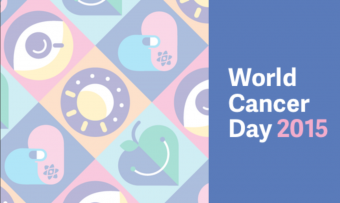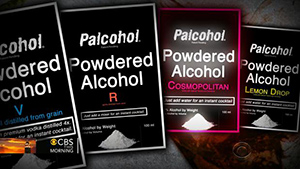Blog
Search
Blog
State Bills Would Allow Local Bars to Extend Sales Hours
- Details
- Created: Friday, February 13 2015 19:31

States including Massachusetts, Michigan, and Nebraska have introduced legislation that would allow bar hours to be extended, allowing extensions ranging from several hours more a day to 24 hours a day.
While the hospitality, tavern, nightclub, and alcohol industries supporting these bills argue that later bar hours will help local economies and increase safety, such bills create unnecessary risk of increased consumption, impaired driving, injuries, crime, violence, noise, and nuisance concerns. They create an extra burden for law enforcement and state and local regulators as well. Excessive alcohol consumption already costs federal, state and local governments $94 billion a year in economic harm; in Nebraska, this cost is $476 million; in Michigan, $3.51 billion; and in Massachusetts, $2.17 billion. The Community Preventative Services Task Force recommends maintaining existing limits, or expanding current limits, on hours of alcohol sales as an effective public health policy to reduce excessive consumption and alcohol-related harm.
Proposals that would extend alcohol availability and increase consumption and harm fly in the face of millions of dollars states already spend on the costs of emergency and medical care, law enforcement, legal and social services due to alcohol-related harm - not to mention noise, trash, and other local problems that communities have to clean up.
Read Alcohol Justice's letter opposing a 2013 California late-night bill here.
IOGT on Alcohol & World Cancer Day 2015
- Details
- Created: Friday, February 20 2015 15:03

To mark World Cancer Day (February 4), IOGT international published a sobering reminder that alcohol consumption is the second most significant risk factor for developing cancer. The blog calls for decisive action by governments and non-governmental organizations (NGOs) to reduce alcohol-related cancer by implementing evidence-based alcohol policies that reduce consumption, including: restriction of advertising and promotion; increasing alcohol taxes; and reducing access and availability. Pointing out that the alcohol industry aggressively perpetuates myths to deny the harm caused by alcohol consumption, the blog also recommends focusing on raising awareness that alcohol causes cancer.
Read Alcohol Justice's fact sheet about alcohol and cancer here.
State Bans on Powdered Alcohol Advance
- Details
- Created: Thursday, February 19 2015 14:18

***Edited on March 12, 2015. Michigan defined powdered alcohol in House Bill 5798, which passed on October 22, 2014. HB 5798 originally contained ban language that was removed before the bill was approved. Michigan Senate Bill 1072 would prohibit the sale or use of powdered alcohol, and is still under consideration.
Since 2014, legislators in several states have proposed or passed bills to prohibit sale and/or possession of powdered and/or crystalline alcohol. They cite health and safety concerns, including the potential for accidental overdose, easier access for youth, and the danger of ingesting the product by snorting.
Thirteen states are currently considering legislative proposals to ban or restrict powdered alcohol: Colorado, Hawaii, Illinois, Iowa, Kansas, Kentucky, Michigan, Mississippi, North Dakota, New York, South Carolina, Utah, Iowa and Wyoming. Virginia passed its bill banning the sale or possession of powdered alcohol in February. Pennsylvania has taken administrative action to ban powdered alcohol; the Department of Liquor Control has said it will not allow powdered alcohol products into the state.
In 2014, 3 states passed bills to prohibit powdered alcohol: Louisiana, South Carolina, and Vermont. Minnesota, New York, New Jersey, and Ohio failed to pass proposed legislation in 2014.
Alaska placed a ban on powdered alcohol in 1980, and California has allowed sale of alcohol in powdered form since the 1970's.
For a list of powdered alcohol bills, their sponsors, and summaries by state and by year, visit our legislation page.
TAKE ACTION: Send a letter to federal administrators telling them to ban powdered alcohol.
More Articles ...
Subcategories
Help us hold Big Alcohol accountable for the harm its products cause.
| GET ACTION ALERTS AND eNEWS |
STAY CONNECTED    |
CONTACT US 24 Belvedere St. San Rafael, CA 94901 415-456-5692 |
SUPPORT US Terms of Service & Privacy Policy |
Copyright © 2026 Alcohol Justice. All Rights Reserved.
Joomla! is Free Software released under the GNU General Public License.


